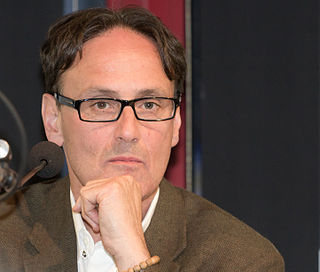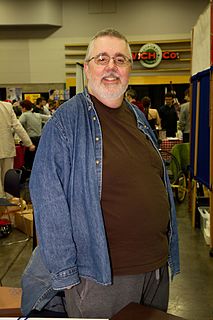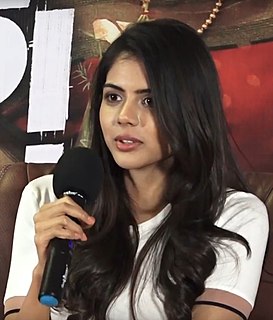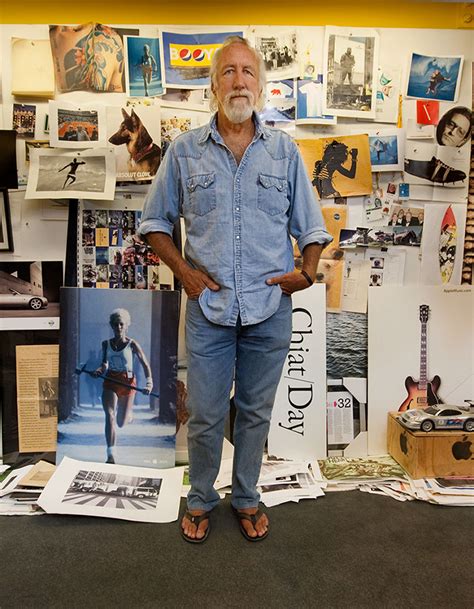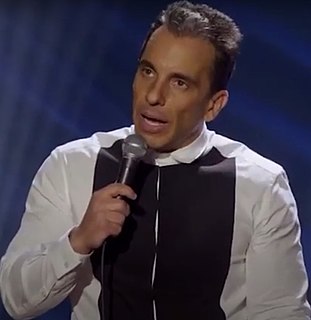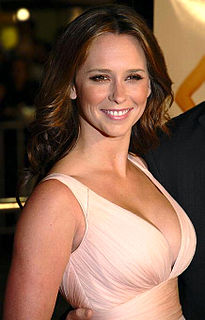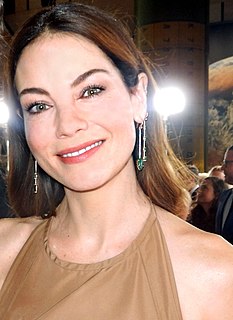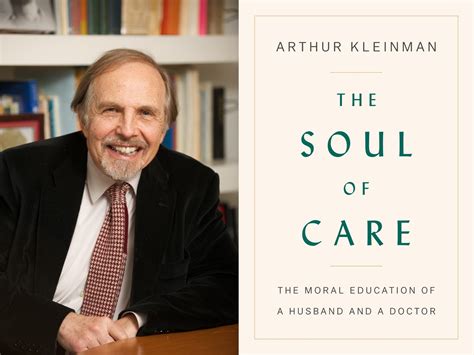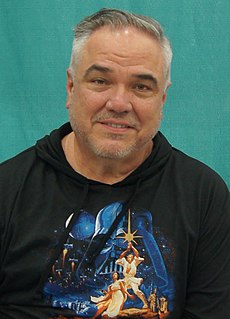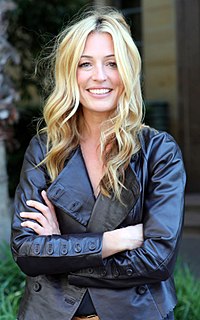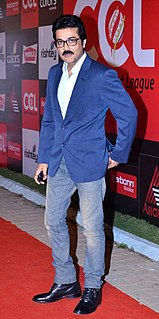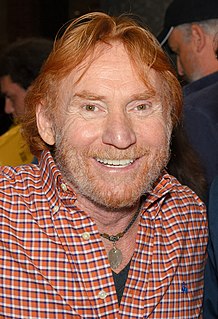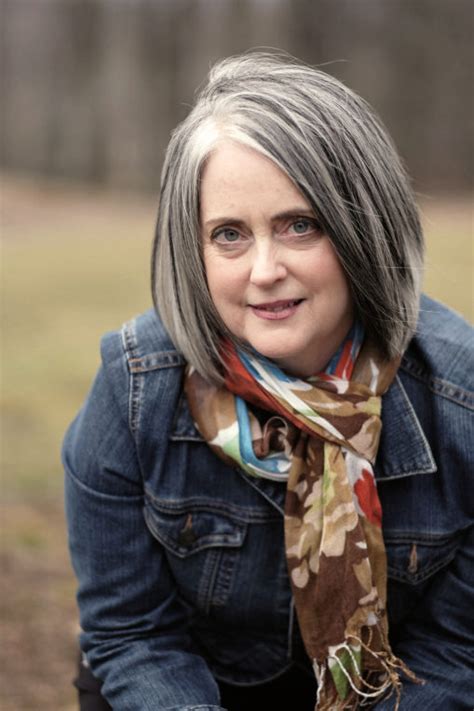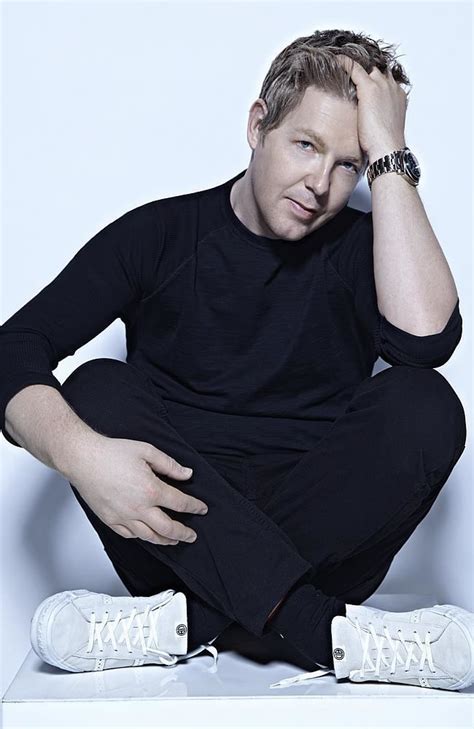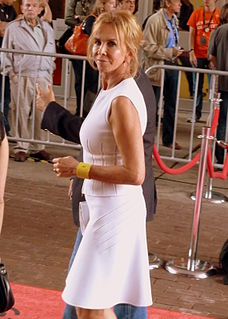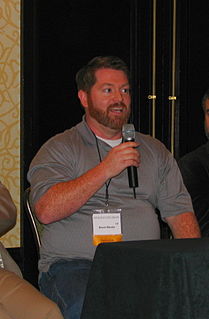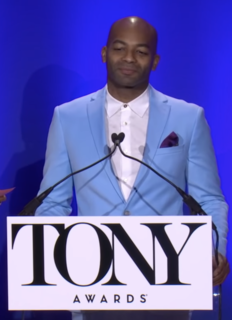Top 1200 Telling Stories Quotes & Sayings - Page 3
Explore popular Telling Stories quotes.
Last updated on December 22, 2024.
Writers shouldn’t underestimate the difficulty of what they’re doing, and they should treat it with great seriousness. You’re doing something that really matters, you’re telling stories that have an impact on other people and on the culture. You should tell the best stories you can possibly tell and put everything you’ve got into it.
I love telling stories. I think of myself as a storyteller, and I don't feel bound by being just a singer or an actress. First, I'm a storyteller, and history is stories - the most compelling stories. There is a lot you can find out about yourself through knowing about history. I have always been attracted to things that are old. I have just always found such things interesting and compelling.
Telling purposeful stories is interactive. It's not a monolog. Ultimately, purposeful tellers must surrender control of their stories, creating a gap for the listener(s) to willingly cross in order to take ownership. Only when the listener(s) own the tellers' story and make it theirs, will they virally market it.
I do think that even with entertainment and telling stories, people in the entertainment industry have such a beautiful position in the world to speak about things that they're passionate about in a way that can grab people more than just sitting and telling someone about something, because you can show it visually.
We have been telling and hearing and reading war stories for millennia. Their endurance may lie in their impossibility; they can never be complete, for the tensions and the contradictions within them will never be eliminated or resolved. That challenge is essential to their power and their attraction. War stories matter.
In my time since moving to the United States, I've found that there is a dearth of great writing for black people. There are stories that depict us in a way that isn't cliched or niche, and that a white person, a Chinese person, an Indian person can watch and relate to. Those are the stories I want to be a part of telling.
Literature is conscious mythology: as society develops, its mythical stories become structural principles of story-telling, its mythical concepts, sun-gods and the like, become habits of metaphoric thought. In a fully mature literary tradition the writerenters intoa structure of traditional stories and images.
I learned as a really young kid, when my dad was telling me one story and my mom was telling me another that, even as a 5-year-old boy, there was no way that both of these stories are true. Something in the middle is true, and I have to figure out what it is, what the truth is, and I never did quite figure that out.
I spent my time drinking and staring at a television in the airport bar. More death and destruction. Crime. Pollution. All the news stories were telling me to be frightened. All the commercials were telling me to buy things I didn´t need. The message was that people could only be passive victims or consumers.
I've come to recognize what I call my 'inside interests.' Telling stories. And helping people tell their stories is a sort of interpersonal gardening. My work at NBC News was to report the news, but in hindsight, I often tried to look for some insight to share that might spark a moment of recognition in a viewer.
When an acting teacher tells a student 'that wasn't honest work' or 'that didn't seem real,' what does this mean? In life, we are rarely 'truthful' or 'honest' or 'real'. And characters in plays are almost never 'truthful' or 'honest' or 'real'. What exactly do teachers even mean by these words? A more useful question is: What is the story the actor was telling in their work? An actor is always telling a story. We all are telling stories, all the time. Story: that is what it is all about.
I think when people begin to tell their stories, everything changes, because not only are you legitimised in the telling of your story and are you found, literally, like you matter, you exist in the telling of your story, but when you hear your story be told, you suddenly exist in community and with others.
I think when people begin to tell their stories, everything changes, because not only are you legitimized in the telling of your story and are you found, literally, like you matter, you exist in the telling of your story, but when you hear your story be told, you suddenly exist in community and with others.
